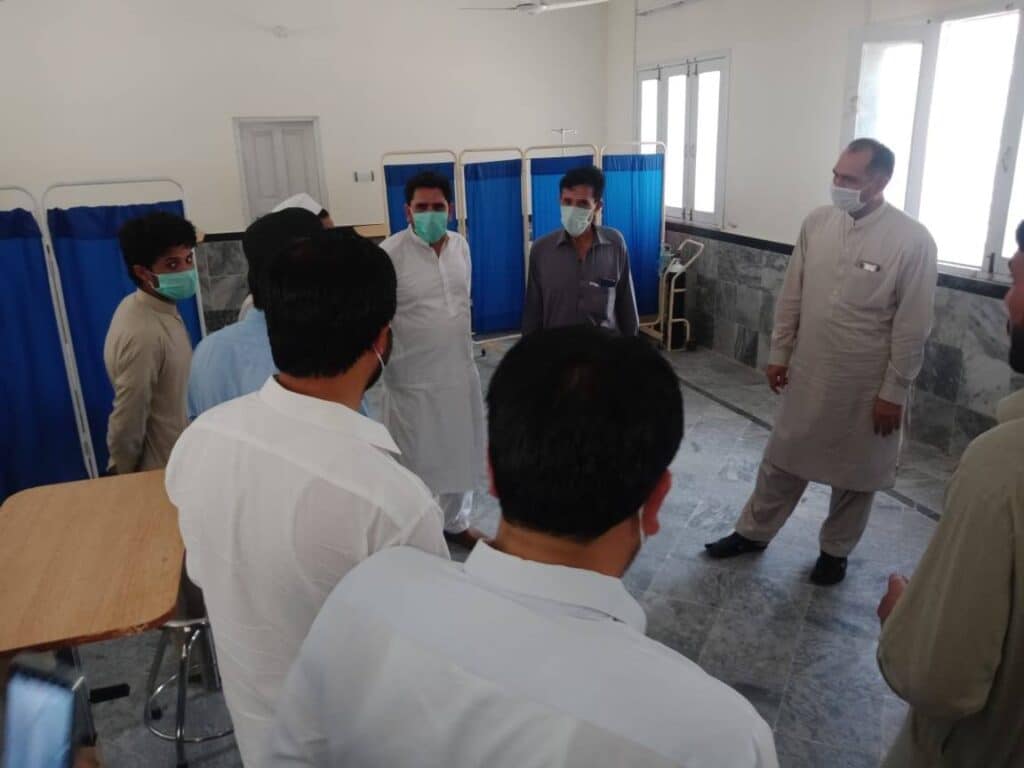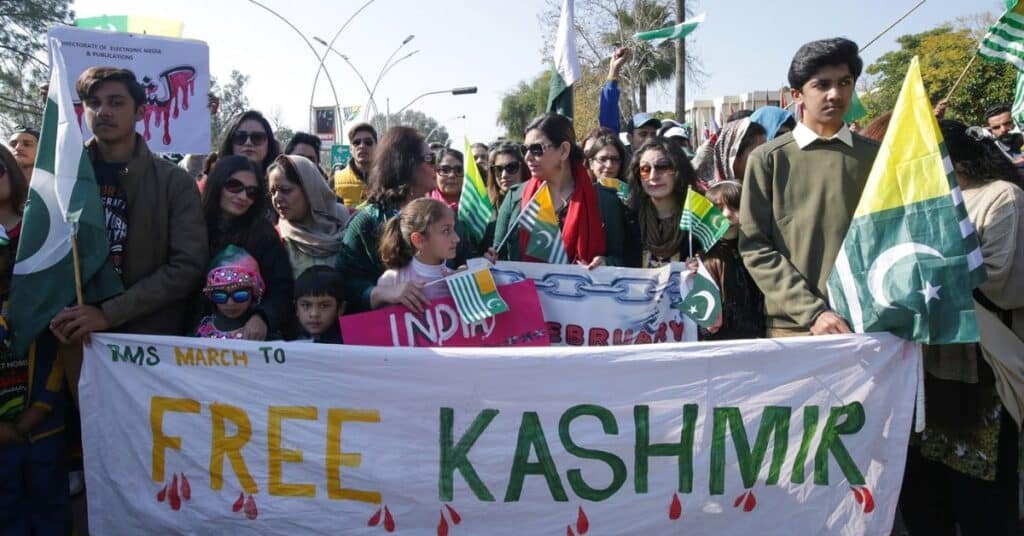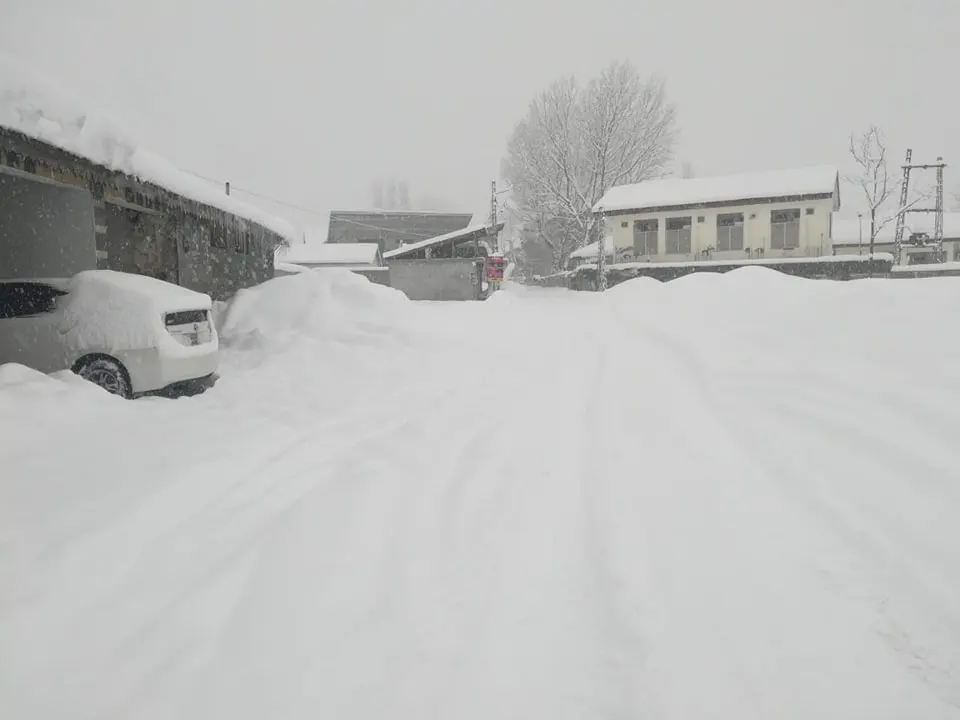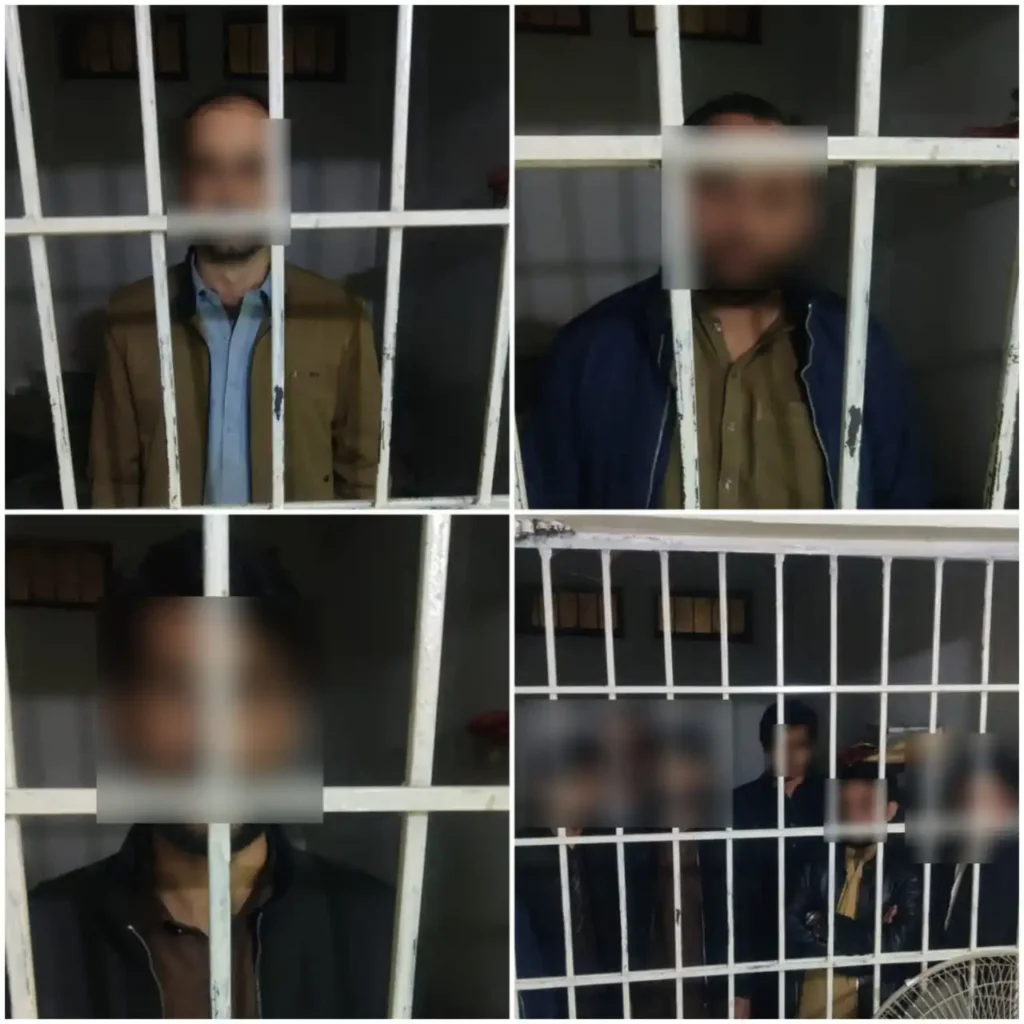LOWER KOHISTAN: The Tehsil Headquarters (THQ) Hospital Kohistan, the main public health facility serving thousands of residents in the region, continues to operate under severely inadequate conditions, leaving patients and medical staff in distress.
Residents and healthcare workers have expressed grave concern over the lack of essential medical equipment, shortage of doctors and specialists, and overall poor infrastructure at the hospital. For a district with difficult terrain and limited access to alternative health facilities, the underperformance of the THQ hospital poses a serious risk to public health.
Patients often have to travel long distances to cities like Abbottabad or Peshawar for basic diagnostic services, surgical procedures, or specialist consultations. Emergency services at the hospital are reportedly functioning without sufficient equipment, while critical departments like gynaecology, paediatrics, and radiology remain either understaffed or non-operational.
“There are days when there is no qualified doctor available even in the emergency ward,” a local patient told reporters. “People here are poor, and they cannot afford to go to bigger cities. We have no choice but to suffer in silence.”
Hospital staff, speaking anonymously, confirmed that shortages of life-saving medicines, diagnostic machines, and even basic sanitation supplies have become routine. “We are doing our best with what little we have, but without government attention and funding, we are helpless,” one senior staff member said.
Despite being the central health facility for Lower Kohistan, the hospital lacks a fully equipped intensive care unit (ICU) and a functional operation theatre, both of which are vital for handling trauma and emergency cases in a mountainous district prone to road accidents and natural disasters.
Civic activists and local leaders have repeatedly appealed to the Khyber Pakhtunkhwa Health Department and elected representatives to upgrade the hospital’s status and resources. However, progress has been slow, and official responses remain limited to promises rather than actionable reforms.
In a recent statement, members of the local community urged the provincial government to immediately allocate funds for infrastructure upgrades, recruit trained medical professionals, and ensure a steady supply of medicines and equipment. They stressed that improving healthcare in Kohistan is not just a matter of convenience—it is a matter of life and death for a population that has long been neglected.
Unless urgent steps are taken, the residents of Kohistan will continue to face critical health challenges without access to proper care, deepening the already wide gap in healthcare equity between urban and remote rural regions of the country.





